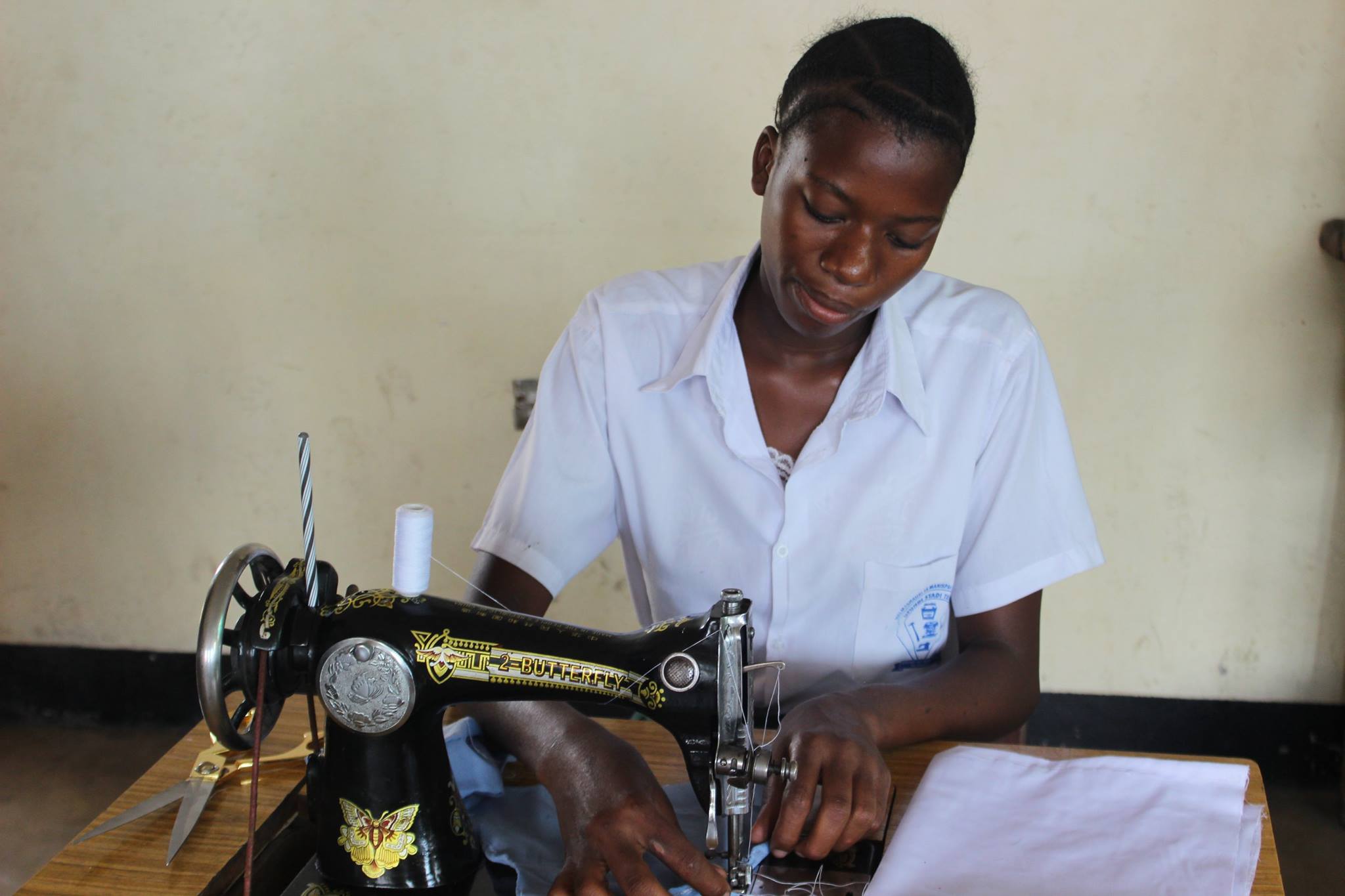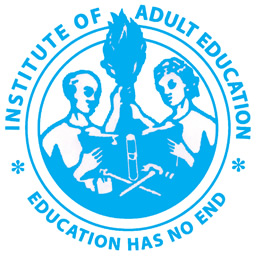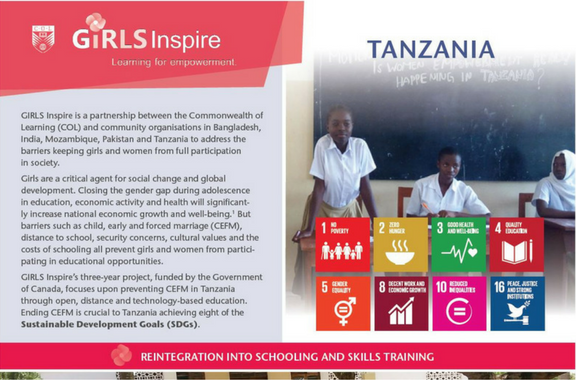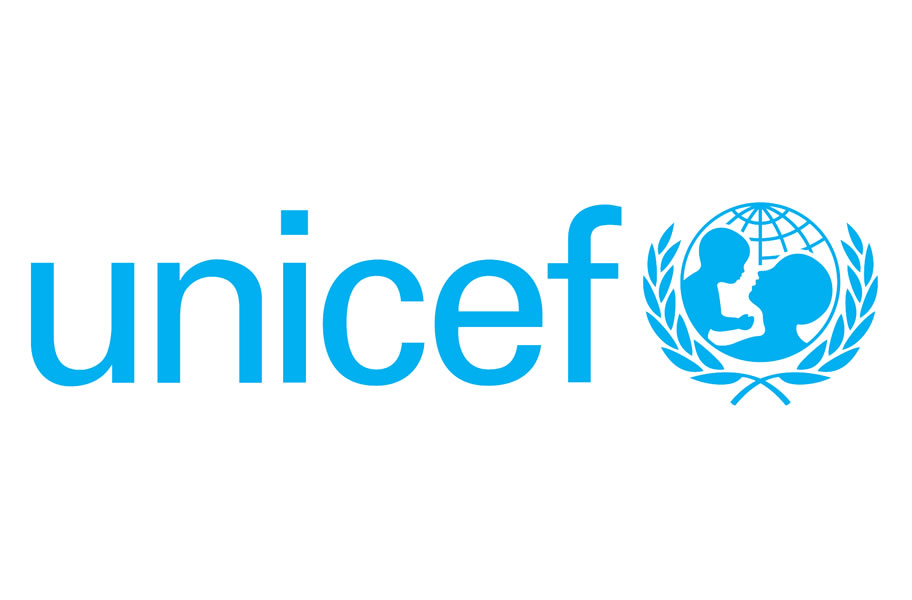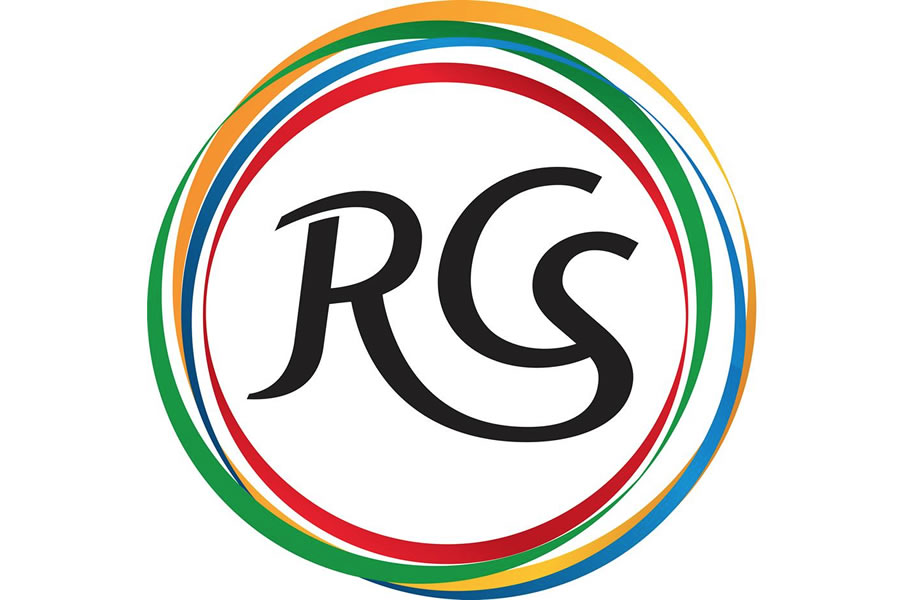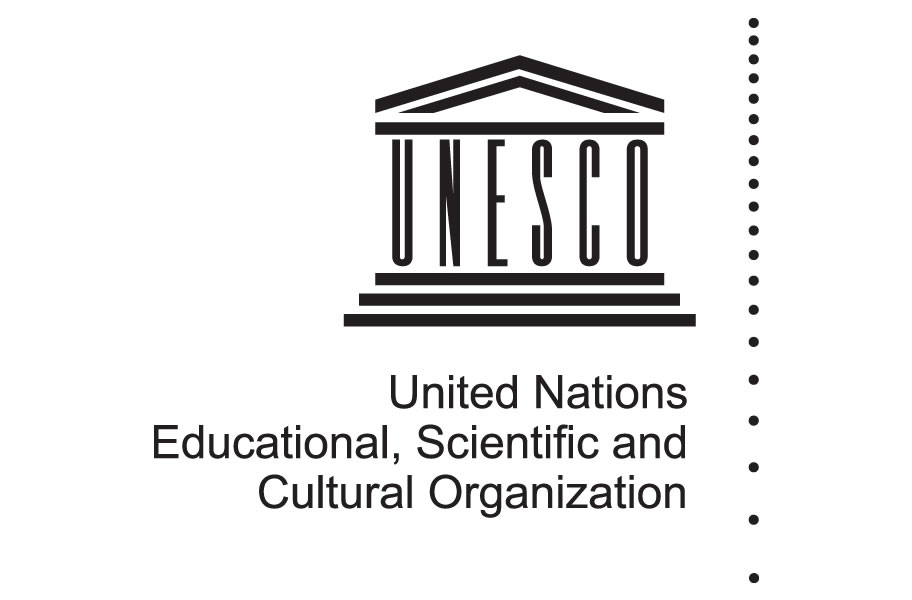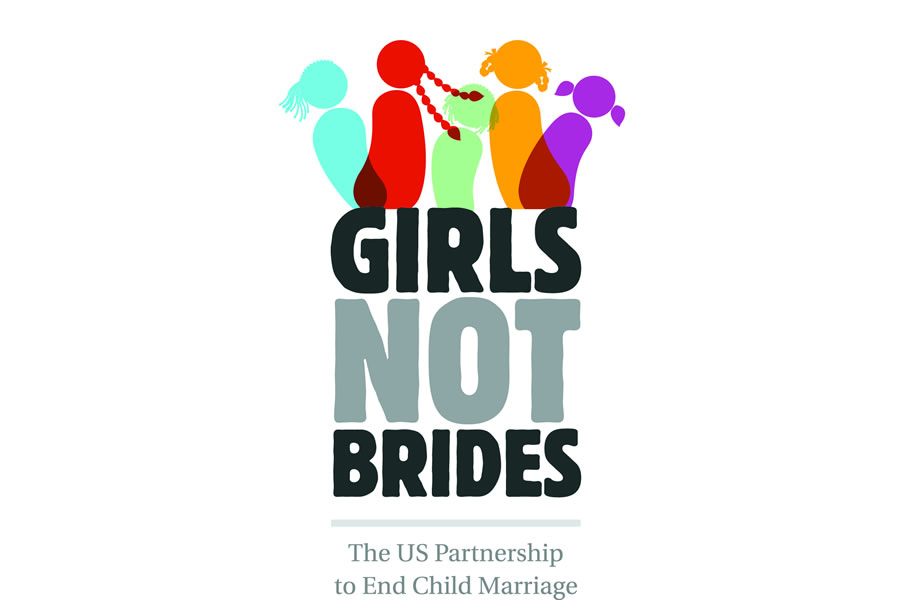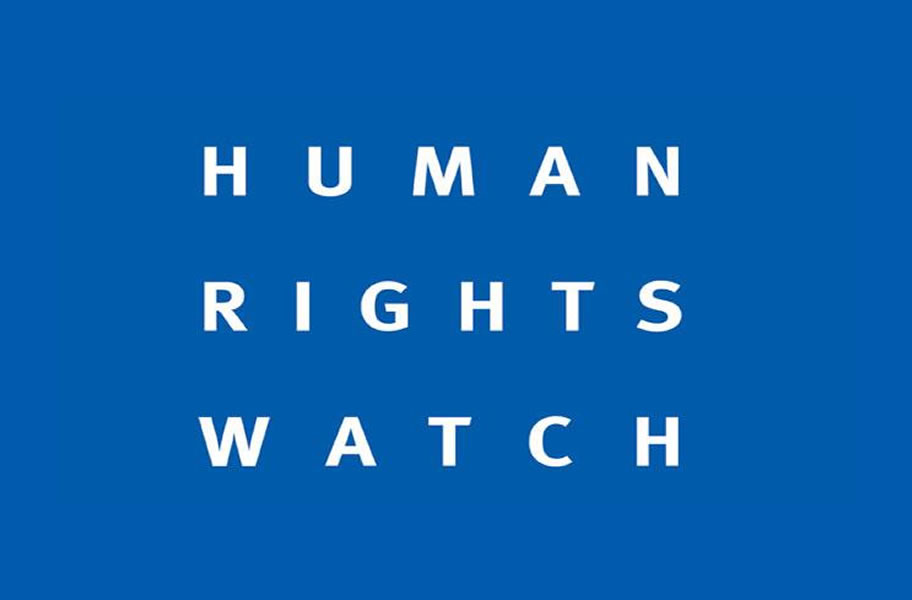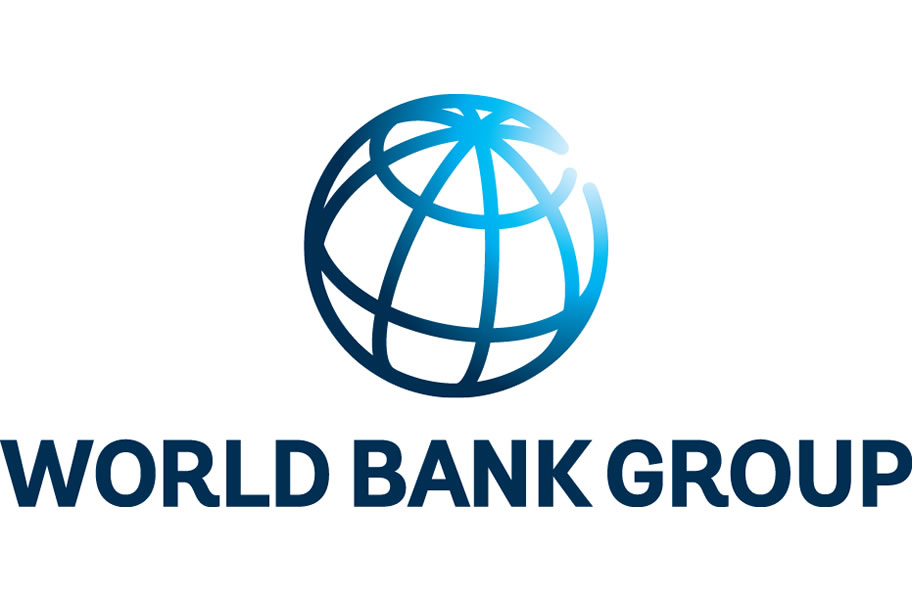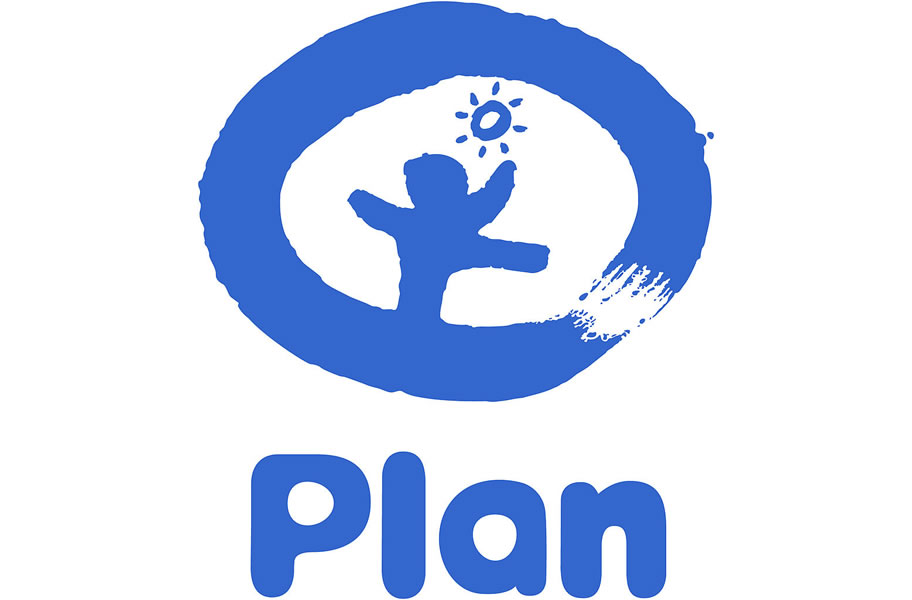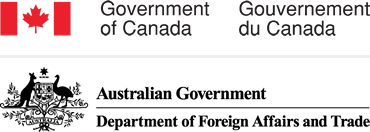The barriers girls face in Tanzania
Women in Tanzania, as in the rest of the world, are the backbone of the lives of many families, but are not given priority and often become the victims of a discriminatory system including limited access to education, resources and health services. Gender–based discrimination still remains as one of the most difficult obstacles to accessing quality basic needs.
Tanzania has one of the highest child marriage prevalence rates in the world. According to the Tanzania Demographic and Health Survey 2012 (TDHS), on average, almost two out of five girls will be married before they turn 18.
It is reported that 61 per cent of women aged 20 – 24 with no education and 39 per cent with primary education were married or in union at age 18, compared to only 5 per cent of women with secondary education or higher (TDHS, 2012).
Vows of Poverty of Care International reports that the lack of legal protections to prohibit child marriage and an educational system that discriminates against girls are two of the reasons that Tanzania has a large number of child brides. Girls in Tanzania can legally marry at 15 years old, while boys cannot legally marry until they turn 18. Tanzania allows schools to exclude married students or students who commit offenses “against morality,” widely understood to include pregnancy.

Girls Inspire in Tanzania
GIRLS Inspire will focus in four regions where child marriage is prevalent: Pwani, Lindi, Rukwa and Dodoma.
In Tanzania, the collaboration between the Commonwealth of Learning (COL), Institute of Adult Education (IAE), Kiota Women Health and Development (KIWOHEDE) and Small Industries Development Organization (SIDO) works to strengthen its own organisations, to raise awareness within communities about the barriers to girls’ empowerment and to provide learning opportunities in order to empower those who are currently married (victims of child marriage) and those at risk of early marriage.
The project aims to reach 20,000 key community members, including community leaders, parents, government officials, girls and young women on the benefit of education and training to end the cycle of child, early and forced marriage through the use of open and distance learning (ODL). Training on life skills, technology, pre-vocational ability and academic competencies will be provided for women and girls, along with internships placements and employment awareness.
Outcomes
Outcome 1
Institutions improve institutional capacity to design and deliver quality gender sensitive skills-oriented learning programs for girls and women and increase their technical skills to leverage open and distance learning (ODL) which address the barriers girls and women experience, among local partners.
Outcome 2
Communities increase awareness on the benefits of girls’ education, and the use of open, distance, and technology-based education and training, among parents and community leaders, as well as increased awareness of the negative consequences of child, early and forced marriage (CEFM) on development.
Outcome 3
Girls increase their knowledge about their health and social rights and the negative consequences of child, early and forced marriage (CEFM), gain skills that are locally relevant and validated by the labour market, and have aspirations for employment.



